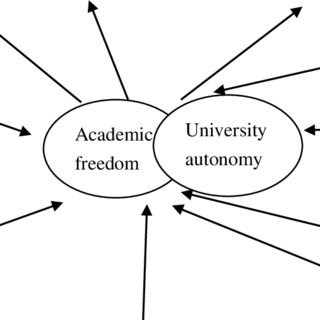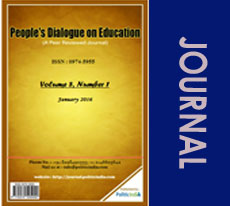A word with you - Equality through Education
- Post By PoliticIndia.com on
- 29/Nov/2017

Savita Kaushal, Ph.D. (DU)
NUEPA, New Delhi
Gender equality is a core principle of human development. To quote the eloquent words of Mahbub ul Haq, “Development, if not engendered, is endangered.” The literature on socio-economic determinants of educational attainments has mainly focused on enrolment and primary education. Generally employing limited dependent regression models, studies have identified factors like family income or wealth, parental education, credit constraints, age of the child, family size or presence of siblings, caste affiliations, place of residence and educational infrastructure as determinants of enrolment and primary school completion rates (Akhtar 1996; Deolalikar 1997; Tansel 1998; Brown and Park 2002; Connelly and Zheng 2003; Boissiere 2004; Desai and Kulkarni 2008; SIS/DPP 2005; Okumu et al 2008; Husain and Chatterjee 2009). These studies have also found the presence of strong gender differences.
The gender gap in education is more pronounced in poorer countries like South Asia and Sub-Saharan Africa. India alone has 40 percent of the global gender lag in education (Singla, 2006). In India, the education of girls has historically lagged behind that of boys. In addition, studies have shown that certain communities and classes fare much worse than the others. Though some researchers have recently attempted to lay down the Gender determinants of the inequality in educational attainment for boys and girls, only a handful of these (Bandopadhyay and Subrahmaniam 2008; Das and Mukherjee 2007, 2008; Sengupta and Guha 2002; Raju 1991; Burney and Irfan 1991), have explicitly looked at the factors responsible for the relative gender inequality in educational attainment.
The complex interrelationships between issues of class, caste, gender, ethnicity, religious orientation, and other discriminatory factors need to be taken into account if we want to make the primary education system really free for all children. Only then can it help to eradicate both illiteracy and social discrimination. The Kerala experience, as Drèze and Sen observe, “powerfully brings out the dialectical relationship between educational progress and social change: the spread of education helps to overcome the traditional inequalities of caste, class, and gender, just as the removal of these contributes to the spread of education” [Dreze and Sen 2002]. Education not only helps to overcome the inequalities between the castes, or gender or ethnic groups but also has the potential to remove the inequalities from them.





